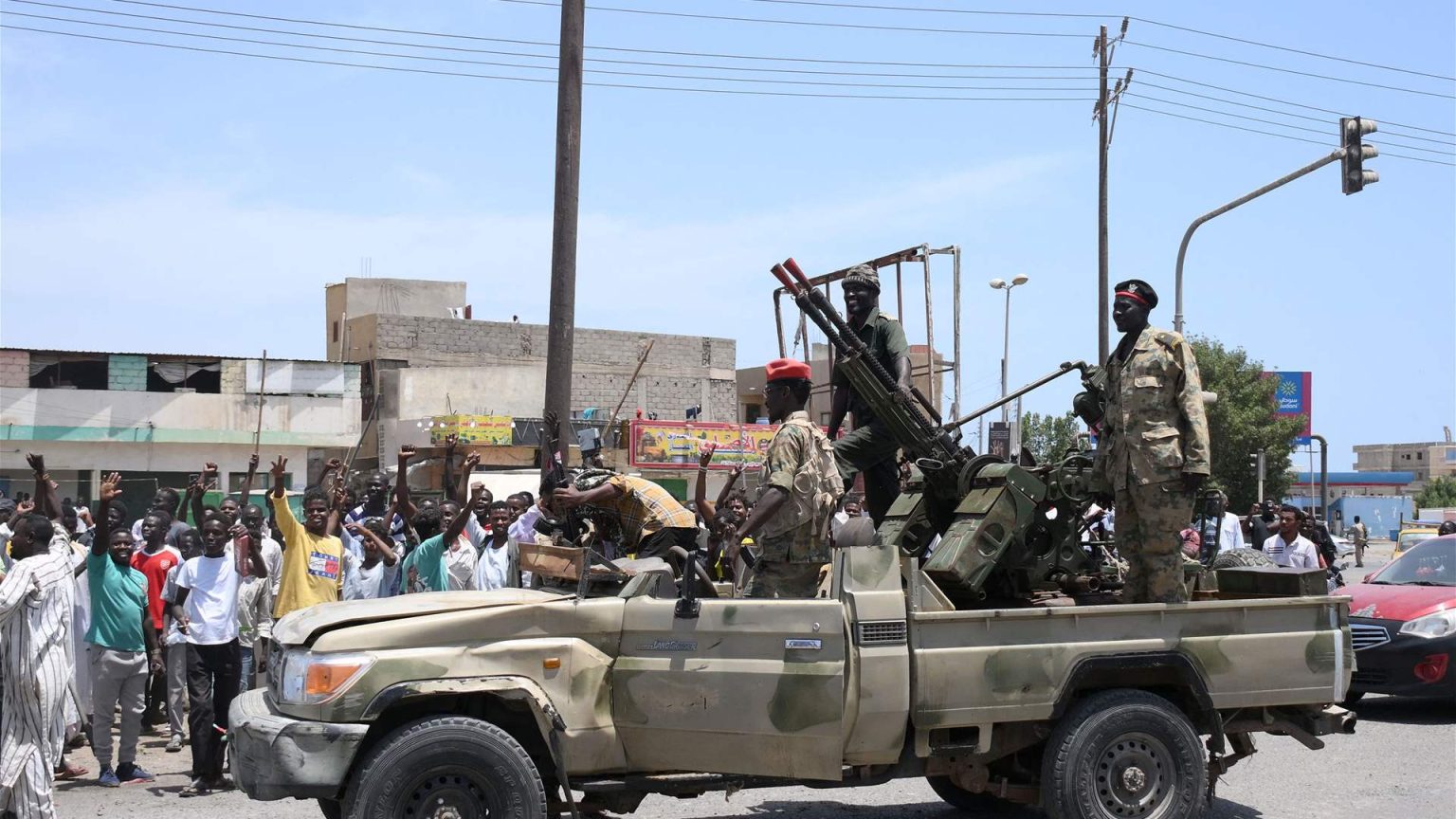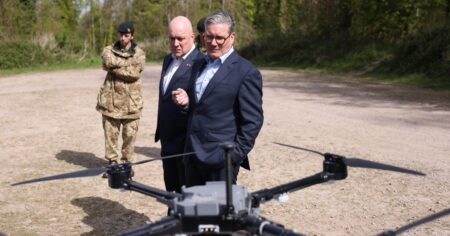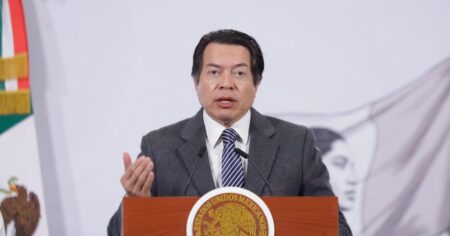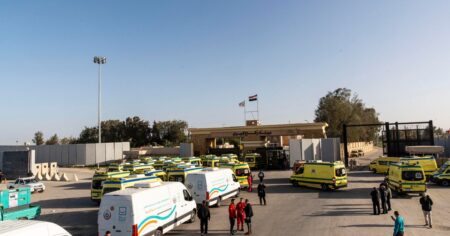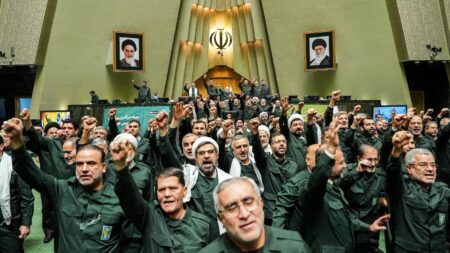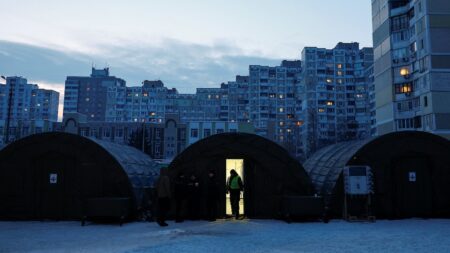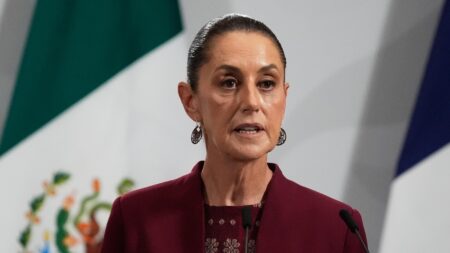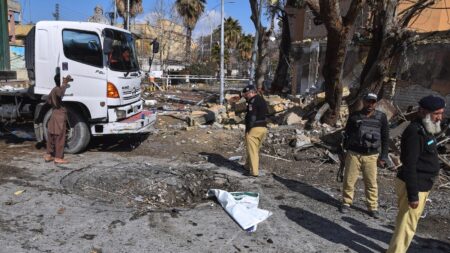On Tuesday, heavy fighting broke out between Sudan’s regular army and the paramilitary Rapid Support Forces (RSF) near Omdurman, a city next to the capital Khartoum. The Sudanese army called the clashes part of a “large-scale” offensive aimed at driving the paramilitary forces from their last positions in Khartoum state.
Explosions were heard in the area as the fighting intensified. The RSF had lost control of Khartoum in March but still held some positions nearby. The army’s operation marks a new phase in the ongoing conflict, with the goal to clear the remaining RSF presence around the capital.
Sudan has been in conflict since April 2023 when the Sudanese Armed Forces and the RSF, once allies, turned against each other. This power struggle has caused serious damage to civilians and infrastructure. Omdurman is strategically important because it lies close to Khartoum and controls key access points in the region.
The RSF is a paramilitary group that grew powerful in Sudan since its formation in 2013. It is led by Mohamed Hamdan Dagalo, known as Hemeti. The regular army is led by General Abdel Fattah al-Burhan, who aims to regain full control over the capital.
The recent clashes involved heavy artillery and gunfire. An AFP correspondent reported loud explosions in Omdurman as the RSF retreated but still controlled some nearby areas. The army’s offensive hopes to end the paramilitary group’s presence in the capital region.
The ongoing fighting has caused many residents to flee their homes. Access to basic needs such as food, water, and medical care is limited in the conflict zones. Hospitals are overwhelmed and supplies are running low. Aid groups warn that the humanitarian situation could worsen if the violence continues.
International organizations including the United Nations and African Union have called for a ceasefire and peaceful talks between the two sides. Diplomats warn that prolonged conflict risks regional instability. Sudan borders several countries including Egypt, South Sudan, and Ethiopia, which could be affected by the unrest.
Despite offers for mediation, progress toward peace has been slow. The military struggle for control over key areas near Khartoum shows no sign of stopping soon. The next days will be critical in deciding if the army’s offensive can succeed.
Continued fighting will likely cause more civilian suffering and worsen shortages of essential goods. Experts say international pressure is necessary to push for a political solution that ends the violence.
The army’s large-scale offensive near Omdurman highlights the fragile security situation in Sudan’s capital. The conflict between the Sudanese army and the RSF remains a major challenge to peace and stability in the country.





